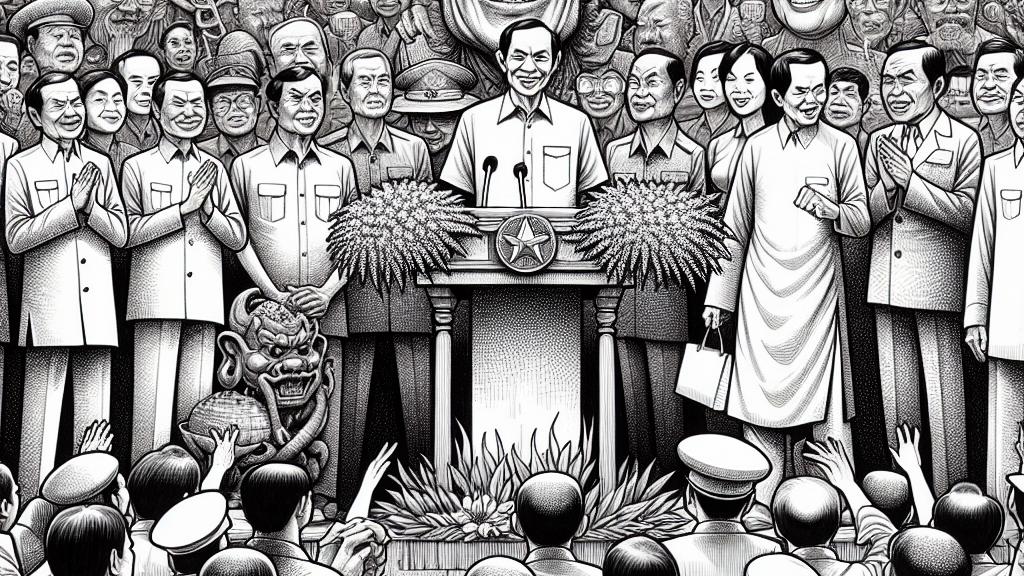To Lam: Rising from Shadows to Vietnam's Pinnacle of Power!
Overview
- On August 3, 2024, To Lam was appointed General Secretary of the Communist Party of Vietnam amidst a vigorous anti-corruption campaign.
- His ascension reflects a consolidation of power, emphasizing political stability, continuity in governance, and the Party's continued dominance.
- Expectations are that policies will remain largely unchanged, focusing on economic growth and maintaining control over civil liberties.

The Moment of Change for Vietnam
On August 3, 2024, a significant leadership transition occurred in Vietnam as To Lam was named the General Secretary of the Communist Party of Vietnam, the country's highest political position. This appointment came in the wake of the death of longtime leader Nguyen Phu Trong and forms part of a broader crackdown on corruption that has led to the resignation or punishment of numerous high-profile officials. This anti-corruption campaign, perceived as critical for restoring public trust in the government, signals Vietnam's commitment to enhance governmental transparency and integrity at a time when the nation is grappling with the need for stable leadership.
To Lam's Rise and Political Strategy
With a career anchored in the Ministry of Public Security, To Lam has adeptly maneuvered through the Communist Party's intricate politics, positioning himself as a formidable figure in Vietnamese governance. His previous role as President was largely ceremonial; however, rising to General Secretary provides him with significant executive power to influence policy and party direction. Analysts believe that Lam's leadership represents not just continuity but also a strategic maneuver to solidify the Party's control while addressing corruption. His administration is expected to maintain Vietnam's status as a burgeoning economic power through sustained export-driven growth, while ensuring that anti-corruption reforms remain a pillar of his leadership.
Navigating Challenges in Leadership
To Lam's ascent also brings to light potential challenges as civil society voices express concerns regarding human rights and civic freedoms under his rule. His historical approach to dissent raises questions about how he will balance political stability with growing calls for transparency and accountability. While the ongoing anti-corruption crackdown has received popular support, it poses risks for activists and could lead to increased repression of political dissent. As To Lam embarks on this new chapter of leadership, the way he navigates these complexities will have long-term implications for Vietnam’s governance framework and the well-being of its citizens. The ongoing consolidation of power around his figure could foster a more repressive political environment, necessitating vigilance from both the public and international observers.

Loading...